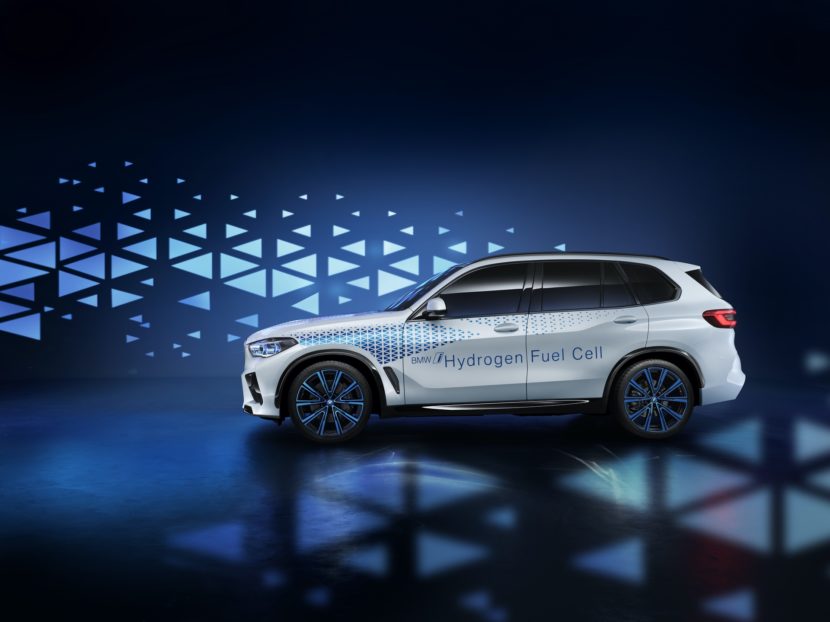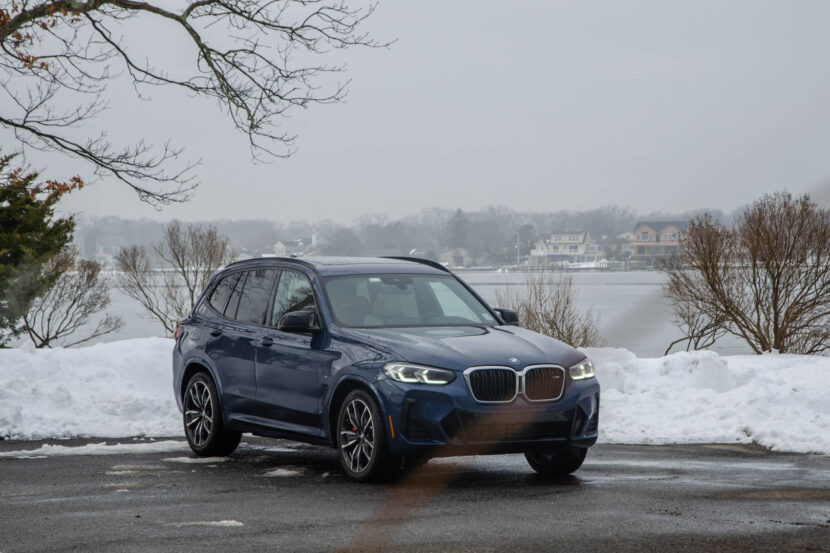Electric cars are growing in numbers and popularity these days. The trend continues and some see electric cars as the next big thing, a revolution in the way we move, if you will. However, battery power is not necessarily good for every single type of transportation. Fuel-cell cars could fill in the blanks in certain cases. At least that’s what BMW’s boss of R&D thinks right now.
BMW has been one of the companies that tried to get hydrogen-powered cars off the ground and running. Their experiments in the field extend back to the beginning of the 21st century and now, working with Toyota, the Bavarians seem closer than ever to reaching that goal. 
Last year they unveiled a BMW X5 powered by fuel-cells, which would be offered to certain customers later down the line. Right now, the main issue with these systems is the fact that the fuel cell powertrain costs about 10 times more than a comparative BEV.
Yet, those costs should go down by 2025. That’s when we could see mainstream cars use this system in the thousands, according to Klaus Froehlich. Furthermore, BMW and Toyota are already working on a second generation of fuel-cell powered cars right now, which would begin pilot production “at the beginning of the next decade on the X6 and X7”. The interview was conduced in 2019.
Speaking even more on the matter, Froehlich said battery-powered vehicles make more sense for small passenger cars, while for light or heavy duty trucks, fuel-cell systems might fill in the void.
“You cannot electrify a heavy truck with batteries, because reducing the payload from 6 tons to 7 tons is absolute nonsense. With a single recharging station, you can refuel a fleet of 100 hydrogen-powered light trucks overnight. About 200 highway refueling stations could serve thousands of heavy trucks across Europe, which means that on the infrastructure side, this is feasible,” Froehlich said.
BMW R&D Boss: quad-turbo diesel engine to be retired, V12 to follow
That’s certainly an optimistic scenario for the future, and one that’s actually doable, as the main issue plaguing the wider reach of electric vehicles today is the lack of infrastructure.
[Via: Automotive News Europe]





































































